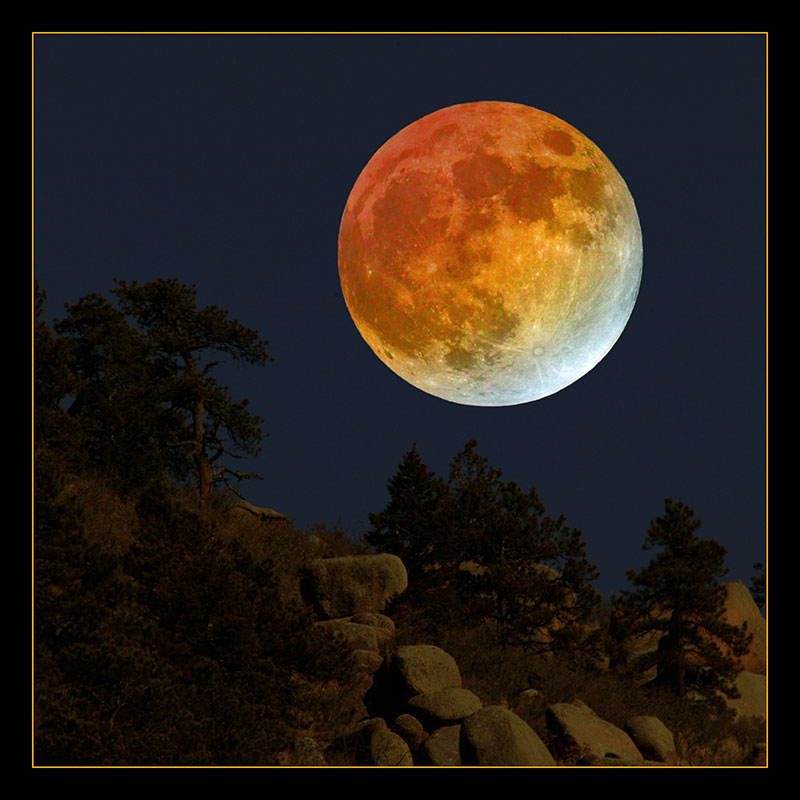Ask ye of the Lord rain in the time of the latter rain; so the Lord shall make bright clouds, and give them showers of rain, to every one grass in the field. Zech. 10:1.
Our heavenly Father claims not at our hands that which we cannot perform. He desires His people to labor earnestly to carry out His purpose for them. They are to pray for power, expect power, and receive power, that they may grow up into the full stature of men and women in Christ Jesus.
Not all members of the church are cultivating personal piety; therefore they do not understand their personal responsibility. They do not realize that it is their privilege and duty to reach the high standard of Christian perfection. . . . Are we looking forward to the latter rain, confidently hoping for a better day, when the church shall be endued with power from on high and thus fitted for work? The latter rain will never refresh and invigorate the indolent, who do not use the powers God has given them.
We are in great need of the pure, life-giving atmosphere that nurtures and invigorates the spiritual life. We need greater earnestness. The solemn message given us to give to the world is to be proclaimed with greater fervency, even with an intensity that will impress unbelievers, leading them to see that the Most High is working with us, that He is the source of our efficiency and strength. . . .
God has given us talents to be used in the upbuilding of His kingdom. . . . Do we ask ourselves the question, How am I using the talents my Lord has given me? Have you given . . . to God only a feeble, diseased service? . . .
Are you using all your powers in an effort to bring the lost sheep back to the fold? There are thousands upon thousands in ignorance who might be warned. Pray as you have never prayed before for the power of Christ. Pray for the inspiration of His Spirit, that you may be filled with a desire to save those who are perishing. Let the prayer ascend to heaven, "God be merciful unto us, and bless us; and cause his face to shine upon us; that thy way may be known upon earth, thy saving health among all nations" (Ps. 67:1, 2).
From Heavenly Places, Chapter 332, by Ellen G. White




 Eager to reduce the amount we send to landfill every week, Paul and I have taken to sharing our extra food with the neighbors who live behind us. Their culinary tastes are exceedingly diverse. I've always prided myself in the broadness of my palate, but Barbara, Bessy, Belle, Babette, Belinda, Beatrice and Buttercup have far surpassed my expertise. Then again, perhaps they're just too polite to turn down our offerings of onion and banana peels...
Eager to reduce the amount we send to landfill every week, Paul and I have taken to sharing our extra food with the neighbors who live behind us. Their culinary tastes are exceedingly diverse. I've always prided myself in the broadness of my palate, but Barbara, Bessy, Belle, Babette, Belinda, Beatrice and Buttercup have far surpassed my expertise. Then again, perhaps they're just too polite to turn down our offerings of onion and banana peels...
























